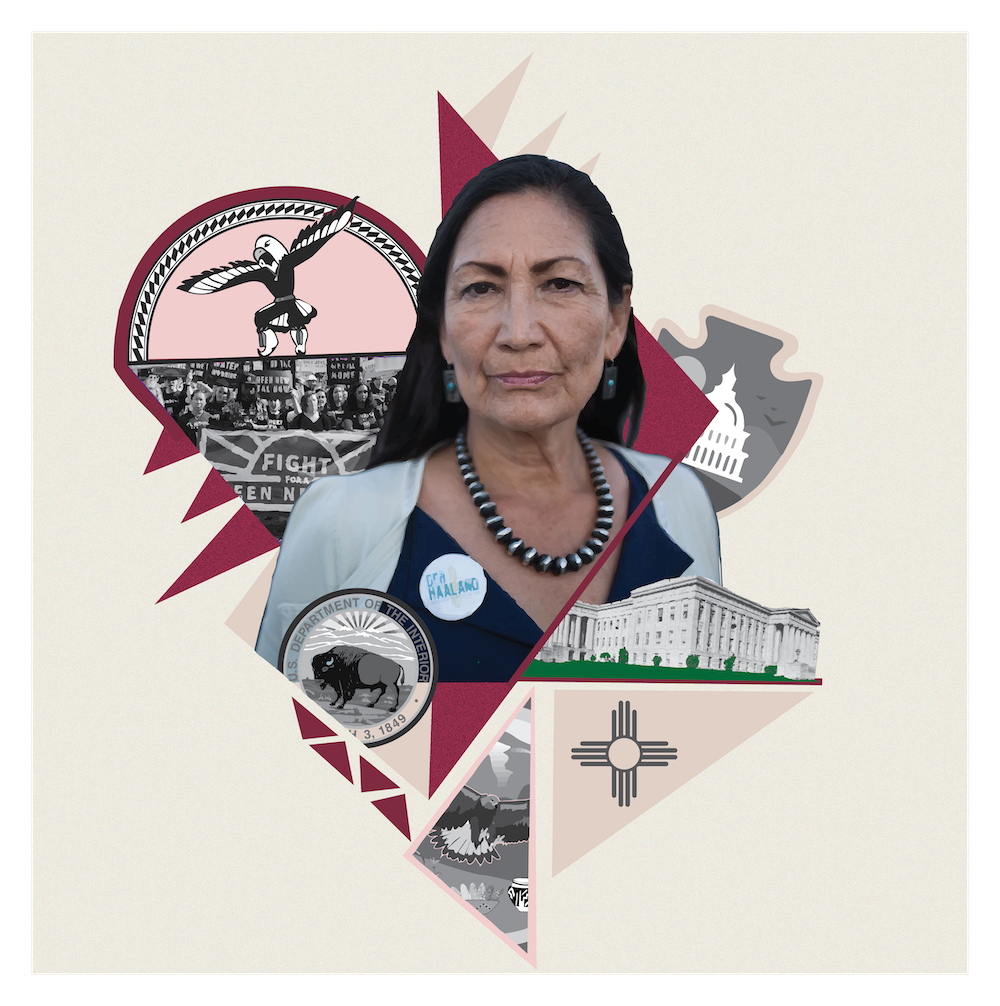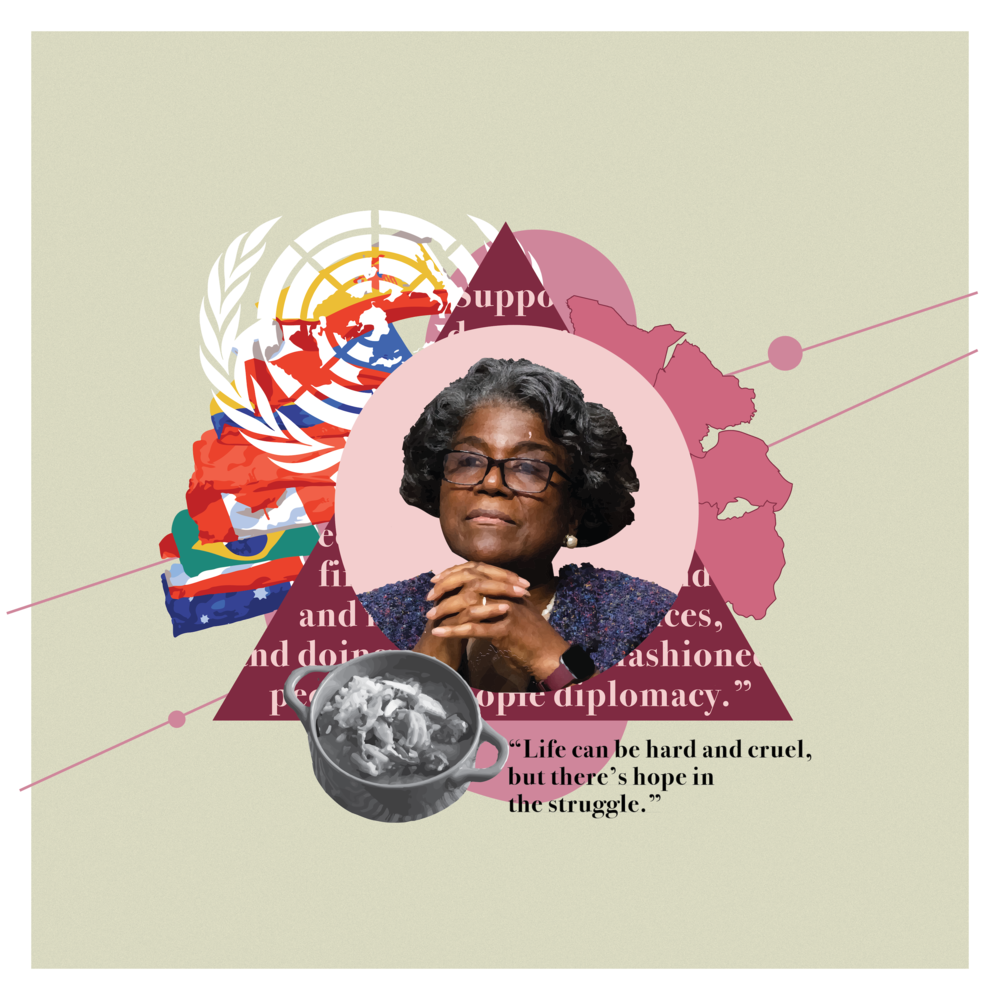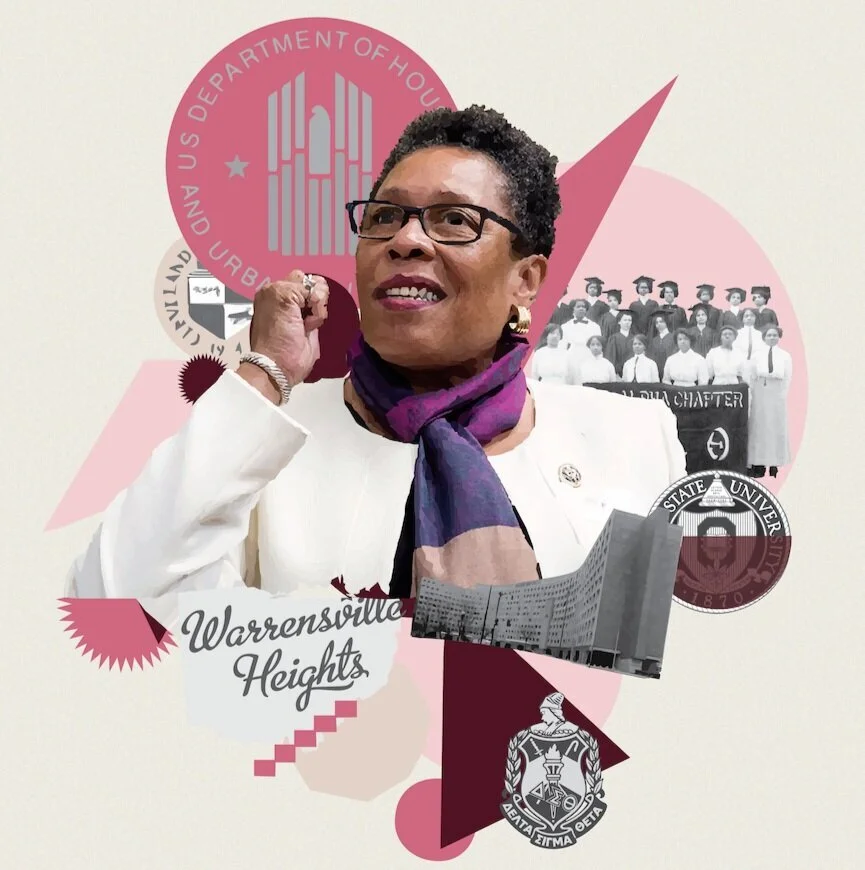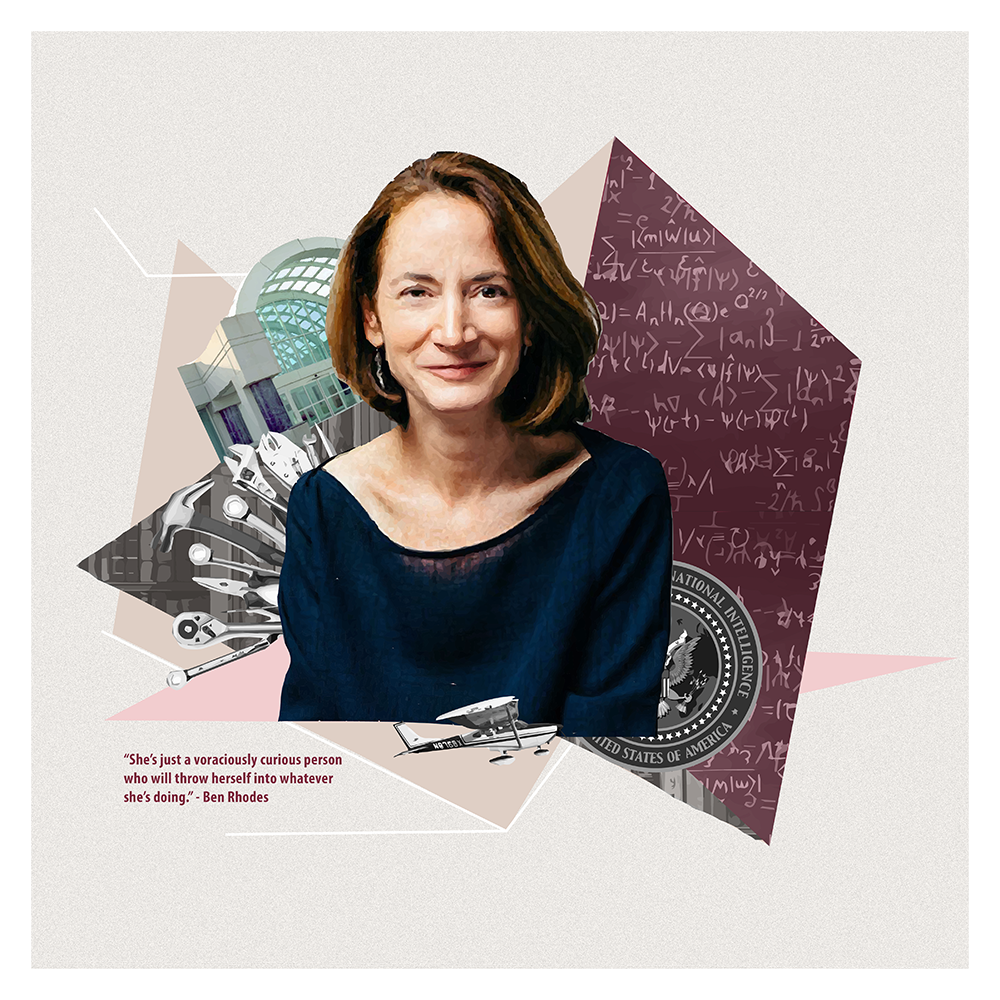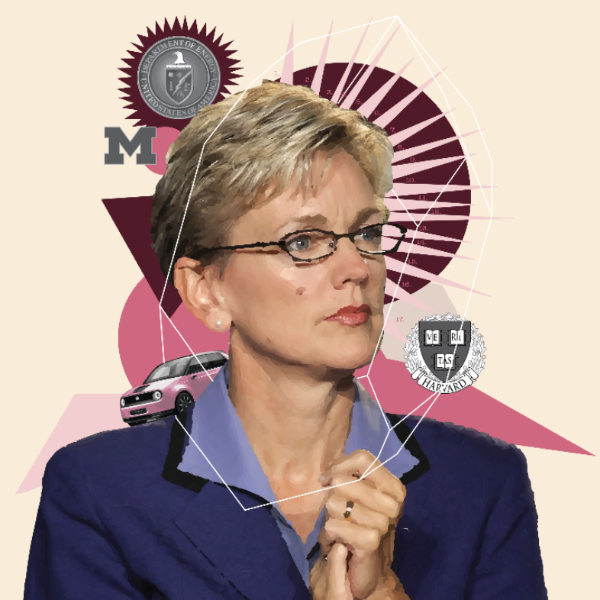At the very first TEDWomen event in 2010, one of the most popular TEDTalks was given by Dereck and Beverly Joubert, whose talk together clearly defined the value of a session we called “Duets.”
The Jouberts – globally celebrated National Geographic Explorers and award-winning filmmakers – have been living in the Bush in Botswana, making wildlife and conservation films together for more than 30 years. Their films have shaped an intimate and profound narrative about the interconnected relationship between people, animals and the land, each adding layers of understanding based on years of close and constant observation of animal behavior. Their latest, "The Soul of the Elephant," was broadcast earlier this year on PBS’s Nature and was just nominated for an EMMY for Outstanding Nature Programming.
Last week, my husband and I visited with the Jouberts in one of the Great Plains safari camps and preserves they founded: Great Plains Conservation, launched only a few years ago in Botswana and Kenya. It has quickly become one of the most highly praised safari experiences in all of Africa. Scott and I count the times we’ve had the privilege of sharing a game drive or a safari breakfast with them among our best experiences ever, anywhere.
Out on a game drive: (l-to-r) Dereck Joubert, Pat Mitchell, Scott Seydel, Beverly Joubert
On this visit, we talked about how much has happened since their TEDTalk on the Big Cats initiative. In 2010, they stunned the TEDWomen audience describing the shocking decline in big cat populations in Africa. They told us that the number of lions had gone from about 450,000 when they were growing up to less than 45,000 (20,000 today) – a literal decimation – with similar declines in cheetah and leopard populations. Their films about the lions of Duba Plains and leopards they tracked over many years raised public awareness about the threats to the big cats – habitat encroachment; community pressure, where conflicts arise between animals and people; and, of course, the biggest single factor, hunting!
The Jouberts led an ultimately successful fight to ban hunting in Botswana, and as a result the animal population, including big cats, is increasing here. But in many other countries in Africa – where big cats are an important attraction in the safari experiences, which bring in more than $27 billion a year – at least five lions are lost per day. At this rate, there could be many places where our children and grandchildren visit in the future and see no big cats.
The lion and Pat Mitchell
Beverly and Dereck, are devoting a lot of time, passion and resources to ensure that that is not the case, with the support of the National Geographic Society, their partners in the Big Cats Initiative. They credit their TEDTalk with helping keep that message front and center. The Jouberts told me they still receive hundreds of messages a week with inquiries about, and support for, the work that they shared so compellingly on the TEDWomen stage in 2010.
I am excited to announce that they have a new cat film in production for National Geographic Wild -- not about big cats this time, but the smaller ones – the ones we call "domesticated." The film will explore behavioral links between the cats we pet and love in our homes and the ones we admire from a safe distance when fortunate enough to be on a game drive in Africa.
At this year’s TEDWomen, I’ll be sharing some additional updates, ideas and perspectives from the front-lines of conservation work in Africa and many other places where the challenges to sustaining our natural environments are being recognized. These battles are still being fought by champions like the Jouberts, who are seeking a better balance between us and the world we inhabit.
If you’re interested in being present for these TEDTalks and many more on this year’s theme of “It’s About Time,” there are still some full registrations available for TEDWomen 2016. (After the theater is completely sold out, we will also offer some discounted tickets for simulcast viewing.) We will announce our speaker lineup in mid-August – find out more and register at TED.com.
The Jouberts will be speaking at a special event at the National Geographic Society's Grosvenor Auditorium to discuss big cat conservation and the issue of trophy hunting on World Lion Day, Wednesday, August 10, 2016 in Washington, DC, at 9:30 AM. You can sign up to attend the event or watch their panel via livestream. The event is free. Register to attend in person or virtually at the NatGeo website.




